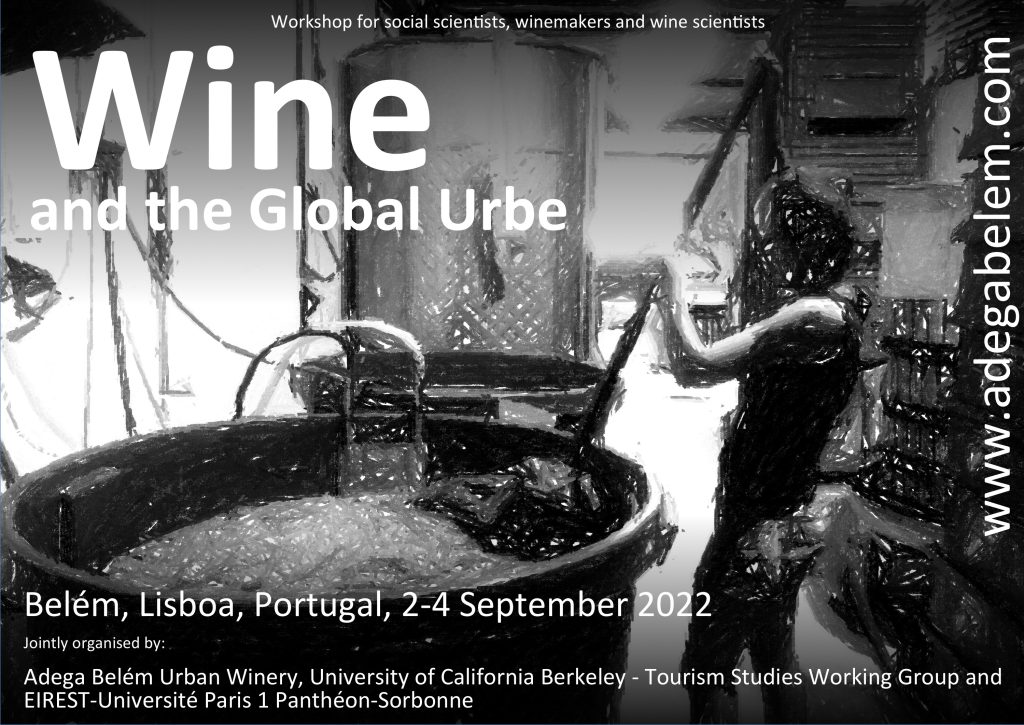Aim
This small workshop invites social scientists, wine historians, writers, and academically informed sommeliers and winemakers to explore the urban dimensions of old, new and emerging wine production processes, dogmas and narratives, wine consumption cultures, wine branding narratives, wine classification systems, wine trade and wine-related built environments.
Context
A popular saying among winemakers, promoters and journalists is that “wine is made in the vineyard”. The scientific revolutions in viticulture and wine technology of the past 30 years seem able to contest such a dictate. While healthy and slowly ripened grapes continue to be seen as an essential premise for the making of high quality wines, the close-to magical quality attributed to a given rural terroir or specific winemaking locale is now contested among scientists. To the contrary, wine is seen as humanly manufactured, resulting from the complex interplay between technological art, biological processes in the vineyard and in the wine cellar, and global consumption cultures. While much of the established wine territory and industry brands and their respective fans continue to perpetuate the myth of terroir, wine and winemaking reveal themselves as expressions and products of deeply urban relationships. It is these relationships that this workshop aims to explore.
Historical premises
Going de pair with the historic emergence of bucolic landscape as a profoundly urban invention manifested in philosophy, art, literature, and gardening during the 18th and 19th century, high quality wine as a globally traded commodity has long been produced, formulated, and emotionally charged, through deeply urban narratives, consumption pattern and technologies held by social elites located in global trading ports and capital cities.
At the same time, wine has become part of identity and cosmological narratives and related embodied practices of consumption in the nation-building contexts of many European countries, metaphor and embodiment of nation, both as a unifying symbolizer of belonging and expression of global colonial and later postcolonial systems and relations.
Moreover, the more recently emerging alternative, néo-religious and postmodern wine making movements, especially in France, the US, Germany, Italy, and the UK put established winemaking narratives and geographies to a challenge. Paradoxically, while the sciences slowly move away from the idea of terroir, within some of these new movements, and among their public (urban) voices, a clear “return” to a naturalist terroir narrative can be observed. As if the urban always needed a self-balancing, antithetic bible-old lost nature located in an idealised rural world.
Organisation
Jointly organised by: Adega Belém Urban Winery, University of California, Berkeley Tourism Studies Working Group, and EIREST-Université Paris 1 Panthéon-Sorbonne.
Organising committee: Nelson Graburn, Maria Gravari-Barbas & David Picard
Participation Fee
85 EUR/participant (including lunch, coffee breaks, reception and VAT).



